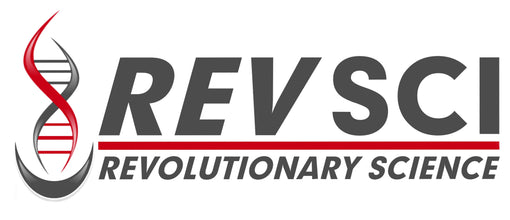Colony counters have long been a staple in microbiology labs, providing researchers with a precise and efficient way to count bacterial and fungal colonies. But did you know that colony counters have far more applications than just testing medical samples? Whether you’re monitoring environmental conditions or ensuring product safety, colony counters have expanded far beyond their traditional uses. Let’s dive into how these tools are impacting different industries in ways that may surprise you.
What Are Colony Counters and How Do They Work?
A colony counter is an automated device used to count colonies of bacteria, fungi, or other microorganisms growing on petri dishes. These devices ensure accurate, fast results, removing the manual process of counting colonies one by one, which can be both time-consuming and error prone. Colony counters typically use imaging technology to detect the size and number of colonies, giving you a reliable count in seconds.
The functionality of a colony counter lies in its ability to streamline the counting process. A camera captures the image of the petri dish, and the software analyzes the colonies based on color, size, and density. Some advanced models even allow you to save the results, export data, and integrate with other lab management systems. This makes them incredibly useful for large-scale testing and research where accuracy and efficiency are non-negotiable.
Traditional Uses of Colony Counters
Colony counters are most commonly associated with microbiology, particularly in sectors like healthcare, food safety, and pharmaceuticals. Let’s take a look at some of the traditional applications:
- Water and Food Safety: Colony counters are frequently used in laboratories that monitor food and water safety. They help detect microbial contamination by counting bacteria and fungi that may pose health risks. Ensuring that our drinking water and food are free from harmful microorganisms is critical, and colony counters play an essential role in this process.
- Medical Diagnostics: In healthcare settings, colony counters are used to analyze patient samples for bacterial or fungal infections. Whether it’s blood, urine, or tissue, colony counters help pathologists quickly assess the extent of microbial growth, allowing for faster diagnosis and treatment.
- Pharmaceutical Testing: Colony counters are vital in drug development and manufacturing, ensuring that products are free from contamination. Microbial contamination in pharmaceuticals can lead to severe health consequences, so colony counters are employed to ensure safety throughout the production process.
Beyond Microbiology: Surprising Applications You Didn’t Know About
While microbiology remains the primary field where colony counters are used, these tools have found their way into other industries, thanks to their precision and versatility. Here are some surprising applications you might not expect:
Environmental Monitoring
Environmental labs use colony counters to measure microbial contamination in soil, water, and air samples. These tests are crucial for assessing pollution levels, the health of ecosystems, and the safety of drinking water supplies. Colony counters provide quick, reliable results, helping researchers monitor and address environmental concerns more effectively. For example, when testing a water supply for microbial contamination, a colony counter can quickly determine if the water is safe or needs further treatment.
Agricultural Research
Agriculture is another area where colony counters have found a home. Researchers studying soil health or plant diseases use colony counters to assess microbial activity. By understanding the microbial content of soil, scientists can gauge the health of crops and predict potential disease outbreaks. For instance, a higher presence of certain bacteria or fungi might indicate soil that’s not suitable for specific crops. Colony counters allow agricultural labs to take a more data-driven approach to crop management.
Veterinary Labs
Veterinary laboratories are increasingly adopting colony counters to diagnose infections in animals. Just like in human medicine, microbial infections can be life-threatening for pets and livestock. Colony counters help vets quickly analyze samples from animals to detect bacterial or fungal infections. This rapid diagnosis is crucial, especially in livestock management, where a single sick animal can endanger an entire herd or flock.
Cosmetics and Personal Care
The cosmetic industry also relies on colony counters to ensure the safety of products like lotions, creams, and makeup. These products can harbor bacteria or fungi if not produced in sterile conditions. Colony counters are used to test batches of cosmetics for contamination before they hit the shelves, ensuring they are safe for consumers.
Your Trusted Supplier for Precision Laboratory Equipment
Since 2009, Revolutionary Science has been committed to advancing automatic colony counter technology, providing labs with precise and efficient tools for microbial analysis. Contact us today for your colony counter needs and other high-quality laboratory equipment.
Explore our range of advanced colony counters to find the right fit for your industry needs.

